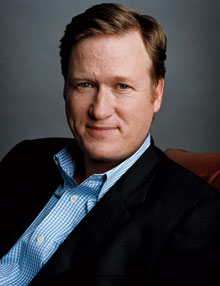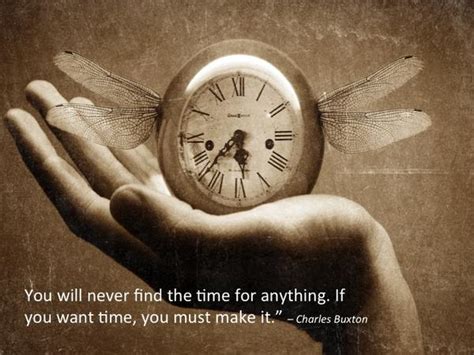A Quote by Samuel Johnson
A transition from an author's book to his conversation, is too often like an entrance into a large city.
Related Quotes
A transition from an author's book to his conversation is too often like an entrance into a large city, after a distant prospect. Remotely, we see nothing but spires of temples and turrets of palaces, and imagine it the residence of splendour, grandeur, and magnificence; but when we have passed the gates, we find it perplexed with narrow passages, disgraced with despicable cottages, embarrassed with obstructions, and clouded with smoke.
Reading a book should be a conversation between you and the author. Presumably he knows more about the subject than you do; if not, you probably should not be bothering with his book. But understanding is a two-way operation; the learner has to question himself and question the teacher, once he understands what the teacher is saying. Marking a book is literally an expression of your differences or your agreements with the author. It is the highest respect you can pay him.
The twentieth century saw a professionalization of fiction writing, particularly in its second half and particularly in the Anglo-Saxon world - not so much mainland Europe, for example. This professionalization is a tragedy. Hand in hand with this - and I have no idea what the causal relations are - there has been a rise in the idea of The Author, so that today one often has the impression that what's selling the book is not the book but the author.
No one really knows the value of book tours. Whether or not they're good ideas, or if they improve book sales. I happen to think the author is the last person you'd want to talk to about a book. They hate it by that point; they've already moved on to a new lover. Besides, the author never knows what the book is about anyway.
Whether the author intended a symbolic resonance to exist in her book is irrelevant. All that matters is whether it's there. Because the book does not exist for the benefit of the author, the book exists for the benefit of YOU. If we as readers can have a bigger and richer experience with the world as a result of reading a symbol and that symbol wasn't intended by the author, WE STILL WIN.




































